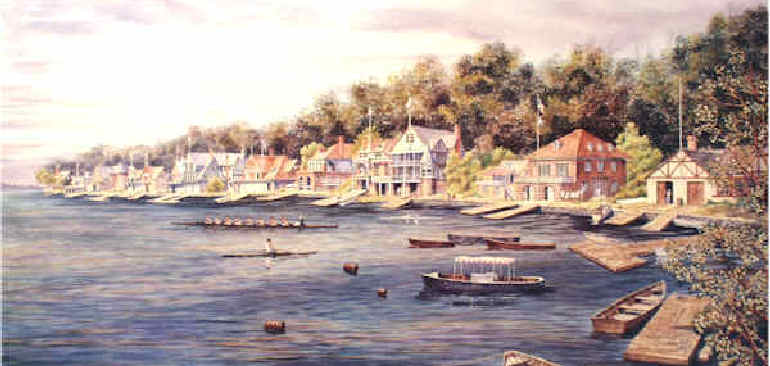Nathan Hale: The Life and Death of America’s First Spy
You can view this book's Amazon detail page here.
Tags:
- Started reading:
- 4th January 2011
- Finished reading:
- 10th January 2011
Review
Rating: 8
Anyone that has grownup in Connecticut, particularly near Coventry, the Nathan Hale homestead has heard the story of Hale’s patriotism and oft quoted final words. I count myself among one of these Connecticut Yankees. But as I started this book I realized I was ignorant of the details of Hale’s life and service in the Revolutionary war. M. William Phelps fills this void in a straight forward biography of Nathan Hale from his early family life in Coventry to his death as a young man at the hands of the British army. Phelps does an excellent job bringing the many first and second hand sources together to paint a clear portrait of this larger than life figure. Where sources disagree or explanations are not plausible, Phelp’s succinctly explains his rationale for the most likely correct fact or interpretation.
Phelps describes a young man brought up in a strict religious family in Coventry, CT; graduating Yale at age 18 and becoming a somewhat restless school teacher in Moodus and New London. Hale’s strong faith led him to believe that much of your life is ( and should be) guided by God’s will.
Two of the common misconceptions about Hale’s spy mission that Phelps clarifies are Hale’s last words and the circumstances of his detection as a spy. In the first case it widely reported that Nathan Hale’s last words were “I only regret that I have but one life to lose for my country.” Why a succinctly romantic statement, Phelps clarifies that these words were an invention in the Revolutionary War play Cato. His actual last words, though similar, were “I am satisfied with the cause in which I have engaged that my only regret is that I have not more lives than one to offer n its service.”
In second case it was widely rumored and reported in the Essex Journal (without sources) that Hale’s cousin, Sam betrayed him as a rebel spy. Phelps considers this very unlikely given that Hale’s father, Richard wrote family members that he did not believe Sam was involved. Further, Sam Hale denied betraying his cousin. The more likely scenario, as described in detail by Phelps, is that Hale was betrayed by his own naivety as a spy when confronted by Robert Rogers. Robert Rogers, commander of Rogers Rangers, had been tasked by Gen Howe to scour Long Island and Connecticut for traitors (aka rebel spies etc) and became suspicious of a young asking many questions related to British army intentions. Hale’s naivety is demonstrated by his traveling under his own name and carrying his Yale diploma as proof he was a school teacher looking for work!
Following his unceremonious hanging as a spy, Phelps ends his narrative with Enoch Hale’s search for news of his brother and unsuccessful return of his remains for proper burial.
Nathan Hale is a well researched book with extensive reference notes and bibliography.



